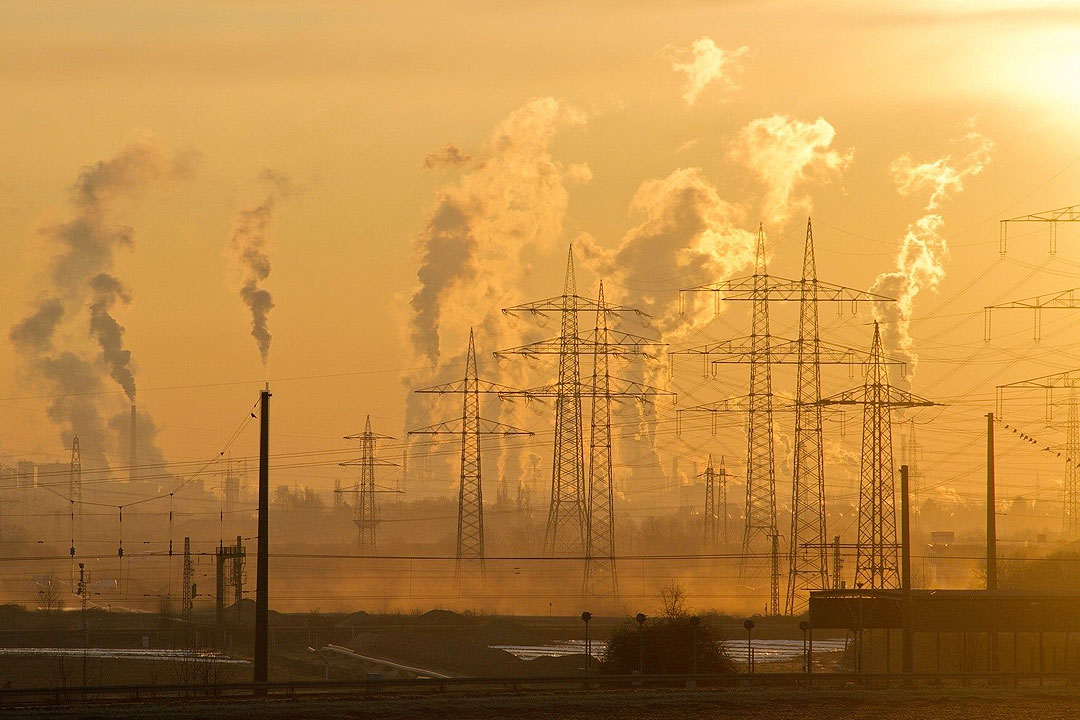FINANCE Secretary Carlos G. Dominguez III said wealthy economies have not offered enough climate financing to help developing nations reduce their carbon footprints as they transition to clean energy, adding that such countries bear the most responsibility for their historic emissions.
In a statement issued by the Department of Finance (DoF) Thursday, Mr. Dominguez said: “We have seen very little funding and actions promised by Western countries materialize. All that has been done is talk without concrete action.”
“We need the Western countries to take responsibility for having contributed and continuing to contribute the most to greenhouse gas emissions. They must be given the greater burden of paying for the grants, investments, and subsidies needed for the most climate-vulnerable countries to mitigate the effects of global warming.”
The Philippines will consult with other countries that are vulnerable to climate risks “so we can jointly put forward a united principled but practical position,” he told reporters on Viber.
Mr. Dominguez will be leading the Philippine delegation at the 26th United Nations Climate Change Conference in Glasgow, Scotland next week.
Developed countries will discuss plans to improve climate financing after they failed to fulfill a pledge to roll out $100 billion to help developing nations tackle climate change each year by 2020.
China emitted 27% of the world’s greenhouse gas total in 2019, followed by the US at 11% and India at 6.6%, think tank Rhodium Group said.
“Nothing would please us more than seeing the countries that emitted and continue to emit the most greenhouse gases to accept the responsibility of financing the transition to carbon neutrality,” Mr. Dominguez said.
“Those who have polluted and continue to pollute the most must bear the largest financial burden.”
The DoF and the Bangko Sentral ng Pilipinas last week launched the Philippines’ sustainable finance roadmap to address policy gaps in sustainable investment.
“Financial policies incentivizing green and renewable investments, supported by a complete policy framework guiding government action, eventually affect the bottom line of private businesses,” Mr. Dominguez said.
“These financial policies can be powerful instruments to encourage enterprises to be more conscious of their effects on the climate.” — Jenina P. Ibañez
